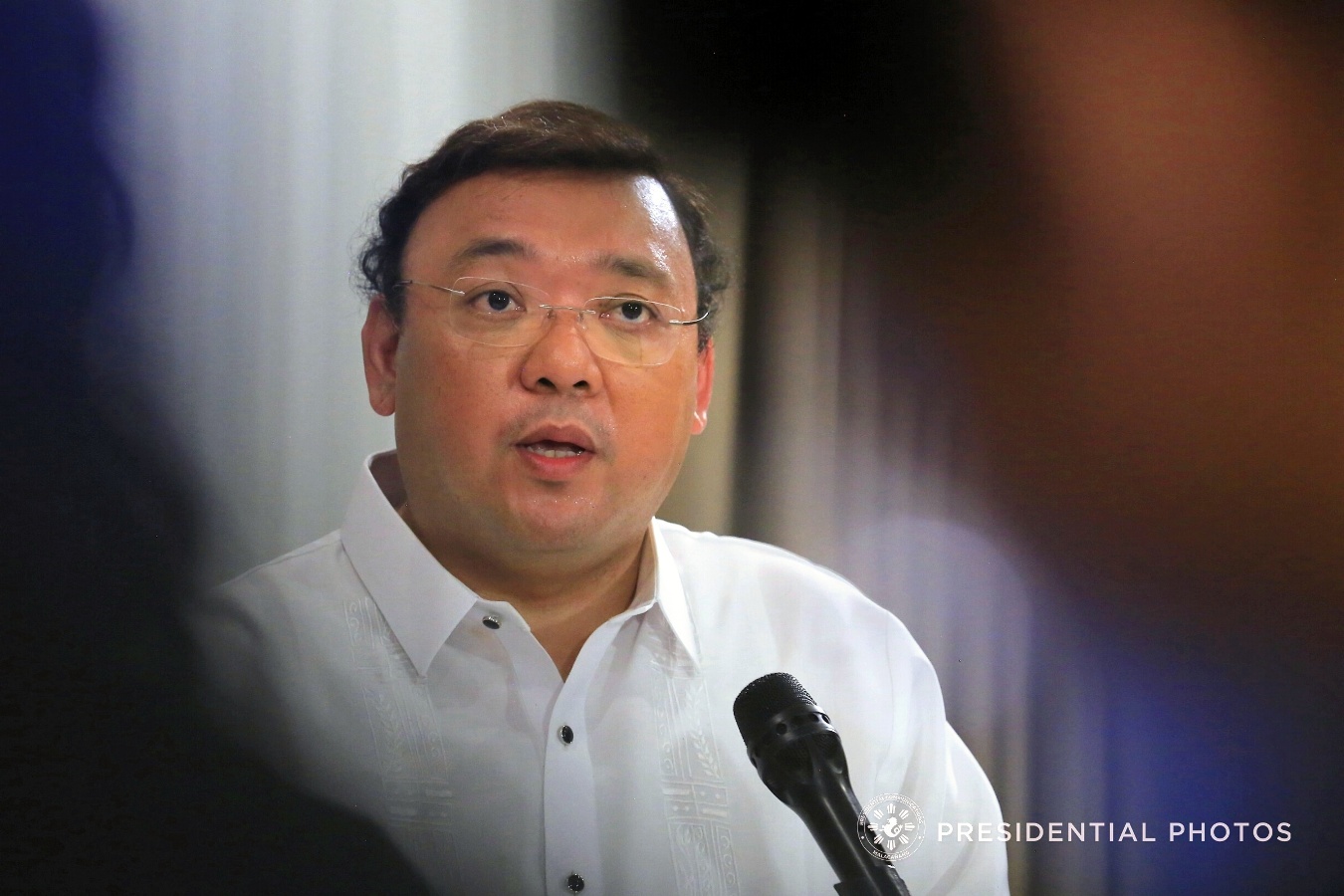
MANILA, Philippines — Malacañang appeared unfazed by the opposition’s plan to question the Tax Reform for Acceleration and Inclusion (TRAIN) Law before the Supreme Court (SC).
Presidential spokesperson Harry Roque said the government expressed readiness to defend the TRAIN law before the SC from the ‘baseless’ claims of the opposition.
“Taxation is one of three inherent powers of a state. Hence, it enjoys overwhelming presumption of constitutionality. We can defend it in court,” Roque said in a text message.
Earlier, critics of TRAIN law described the measure as anti-poor as it would lead to higher consumer prices, threatening to question its constitutionality before the high court.
In response, Trade Secretary Ramon Lopez urged the critics of the measure to be “objective,” to study the law and “look at the numbers” for them to understand its benefits.
Lopez said that the law would create a “virtuous” cycle in the economy as it would generate additional revenue for the government.
The first package of Duterte’s TRAIN law is expected to generate P130 billion in revenues.
Under the law, workers earning P250, 000 annually and below are exempted from paying the personal income tax.
However, the measure also imposes new taxes on diesel, liquefied petroleum gas, kerosene, and bunker fuel for electricity generation, and higher taxes on other oil products, threatening the increases in transport fares, electricity costs, and consumer prices, according to critics.
The Makabayan bloc in the House of Representatives said they are eyeing to challenge the legality of the law before the Supreme Court this week.
Alliance of Concerned Teachers (ACT) party-list Rep. Antonio Tinio said the signing of the tax reform law was invalid due to lack of quorum, adding that the law would burden 16 million poor Filipinos with high commodity prices.